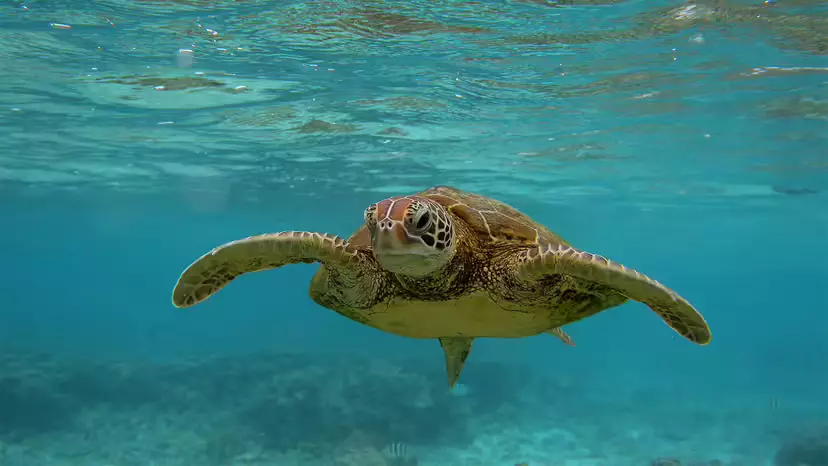
In one line: Since the U.S. Endangered Species Act (ESA) took effect in 1973, most protected marine mammals and sea turtles have grown substantially—with sea turtle populations up by an estimated ~980% overall in analyzed groups, and Hawaiian humpback whales rising from ~800 (1979) to 10,000+ (2005...
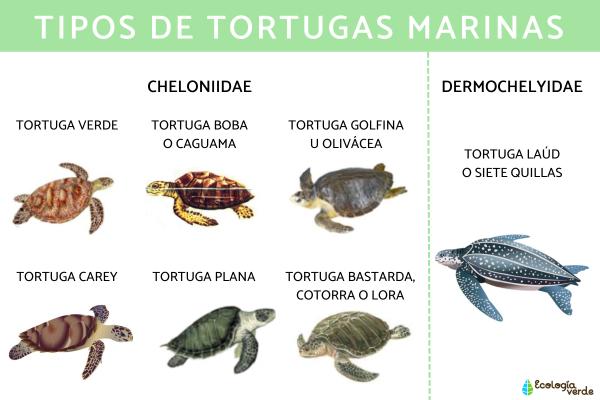
Sea turtles belong to two main families: Cheloniidae and Dermochelyidae. Within these groups, we find the green turtle, loggerhead turtle, olive ridley turtle, hawksbill turtle, flatback turtle, Kemp’s ridley turtle, and leatherback turtle.They are among the most fascinating reptiles of the oceans,...
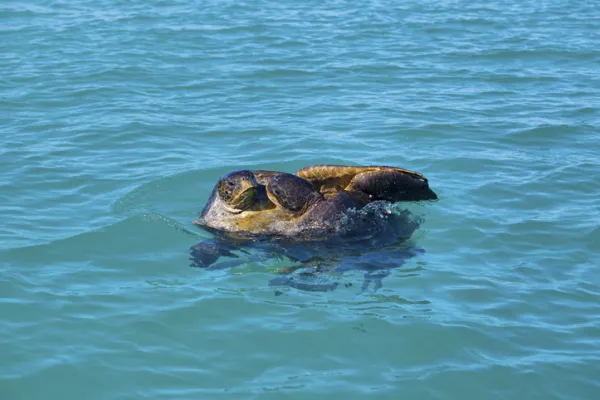
Sea turtles are among the most iconic marine creatures, yet much of their life cycle remains a mystery. Even today, scientists continue to discover new insights about these ancient animals.In this article, we explore the fascinating world of sea turtle reproduction — from how they mate, when they n...
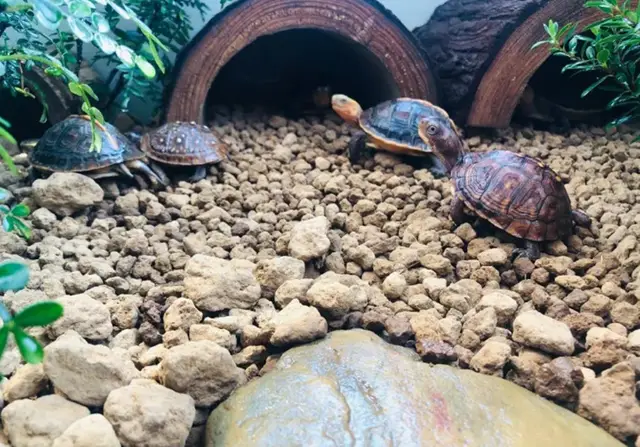
1. Do turtles need to hibernate? ✅ Yes, some turtles need to hibernate, but not all turtles will hibernate. Whether a turtle hibernates depends on the species, living environment and temperature.Temperate and cold zone turtles (such as grass turtles, yellow-throated terrapins, European pond turtles...
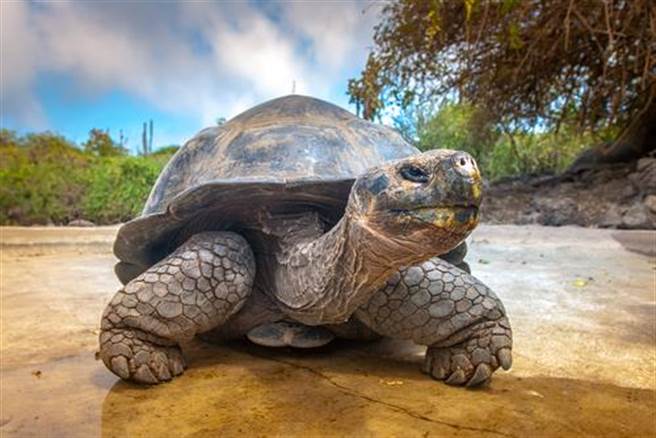
Turtles are known for their long lifespans, with some species living over 100 years. Their lifespan depends on species, habitat, diet, and environmental factors. This article explores how long turtles live and what affects their longevity.1. Average Lifespan of TurtlesThe lifespan of turtles varies...
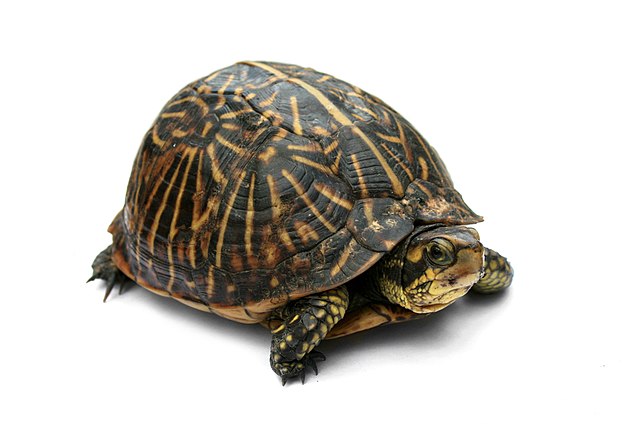
Table of Contents:Introduction: What Makes Turtles Unique?Are Turtles Reptiles or Amphibians?Cold-Blooded Creatures: Understanding Turtles' Body TemperatureWhat is a Turtle's Shell and Why is it Important?Different Types of Turtles: Aquatic, Land, and Sea TurtlesTurtle Diet: Herbivores, Carn...
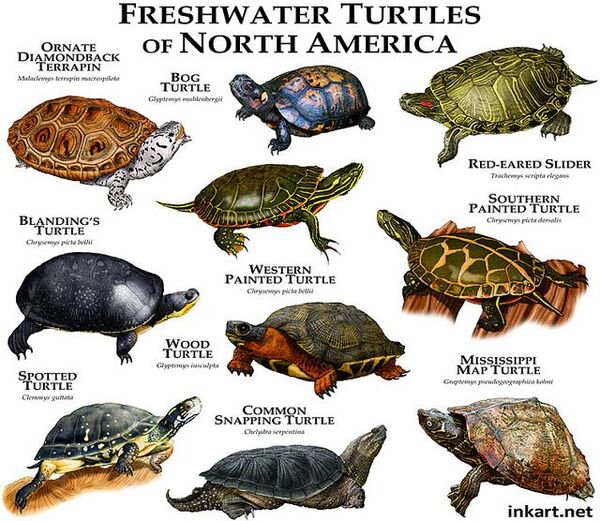
Turtles are fascinating creatures known for their hard shells and slow movements. They inhabit a variety of environments, including oceans, rivers, lakes, and forests. Understanding what turtles eat is essential for their conservation and care, whether in the wild or in captivity. This article explo...
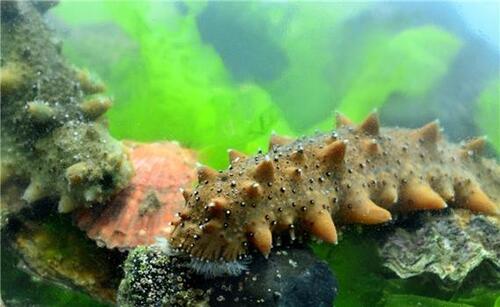
Cloacal respiration is not limited to land-based animals. Several marine and freshwater creatures have also evolved this method to cope with low oxygen levels in aquatic environments.1. Sea Cucumbers (Class Holothuroidea)Habitat: Ocean floors worldwideBreathing Mechanism: Sea cucumbers, slow-moving...
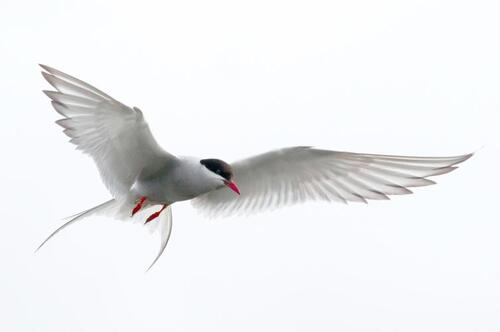
Animal migration is a spectacular natural phenomenon, with millions of creatures traveling thousands of miles to survive, reproduce, or find a better habitat. Under the protection of nature, many animals have demonstrated amazing migratory abilities. From migratory birds in the sky to whales in the...
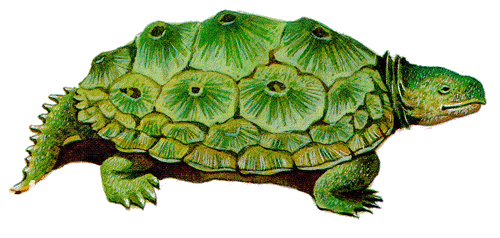
We Chinese have long known that turtles are long-lived animals, so there has been a proverb from ancient times: "A thousand-year-old king, an eighty-thousand-year-old turtle". But do you know? In the evolution of vertebrates, turtles and turtles also have a long history....
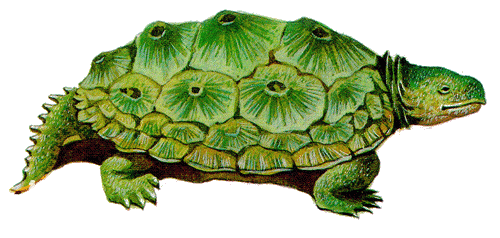
We already know that based on the development of the temporal part of the skull, that is, the relationship between the development and changes of the temporal foramen, scientists divide reptiles (classes) into four subclasses, namely Anosus, Monossus, and Platysus. and Dicypodia. On this basi...
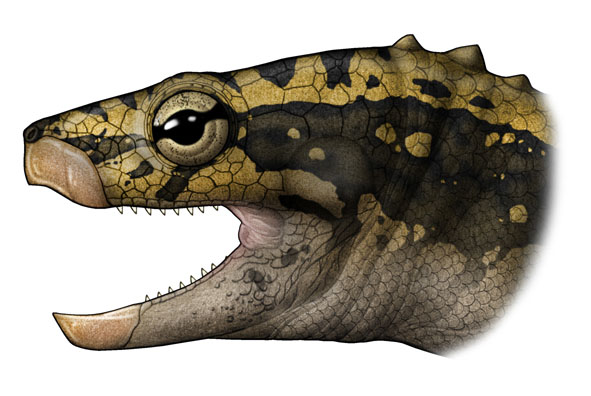
Turtles are familiar animals, but their evolutionary history is one of the biggest mysteries in paleontology: whether they originated independently from anapora (no other openings in the skull behind the eye holes), or whether they were related to lizards and crocodiles. Along with dinosaurs...